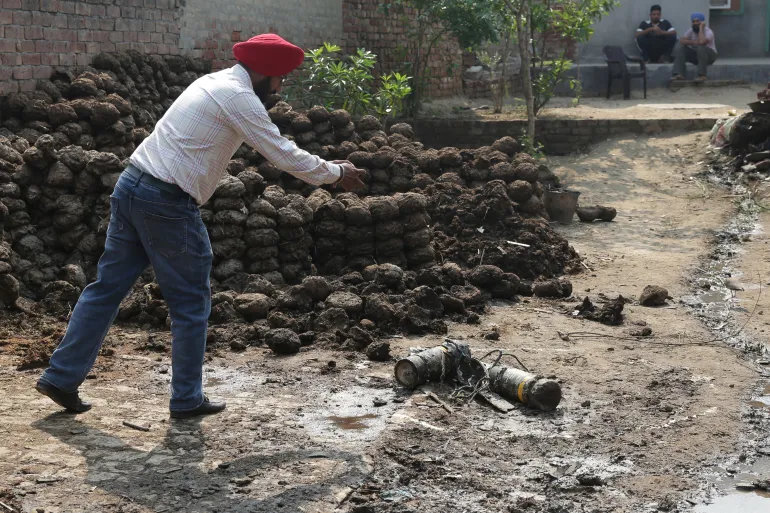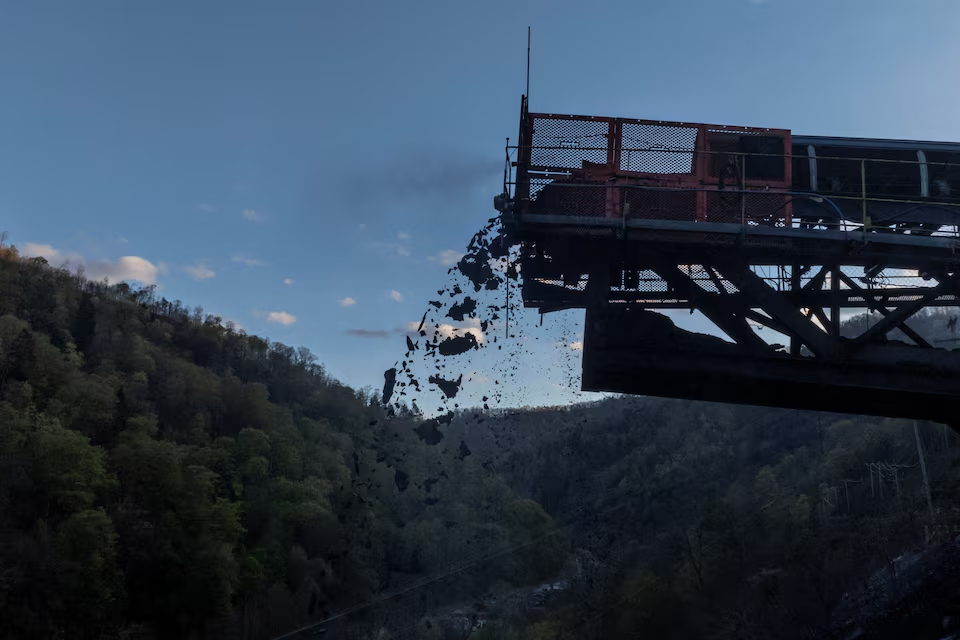A simmering mix of high tension, historic rivalry, and tense security measures unfolded on June 7 at Tirana’s Arena Kombëtare as Albania faced Serbia in a 2026 World Cup qualifier. Under intense scrutiny, and watched by more than 20,000 fans, conflict lingered—but a largely peaceful 0–0 draw emerged, epitomizing both progress and the fragile calm that defines relations between the two nations.
The Crucial Miss
Just before halftime, Albania was awarded a penalty—arguably the most anticipated moment of the match. Star striker Rey Manaj, the man entrusted with Deliverance, stepped up under the weight of fervent expectation. With chants of “Serbia, Serbia, f**k your sister” booming through the stadium, Manaj’s low strike was confident—yet it was firmly parried by Serbian goalkeeper Djordje Petrović, earning him crucial praise. Manaj retreated frozen, the moment slipping through his grasp. This save dramatically deflated Albania’s momentum and left supporters reeling .
Security on Edge
The match was punctuated by repeated disruptions. Early in the game, objects were hurled at Serbian players—specifically striker Saša Lukić and defender Strahinja Eraković—prompting loud PA warnings and a fraught atmosphere. The referee, Davide Massa, halted the game multiple times, guiding players to the middle of the pitch while his assistant delegated heavy police presence to calm fraying tempers. Swiss match delegate Jacques Antenen, specially chosen for his experience with volatile games, observed from close range. His presence underlines UEFA’s high-level concern for this fixture .
Legacy of the “Drone Game”
The uneasy calm echoes back to October 2014, when a drone carrying a “Greater Albania” banner over Belgrade’s stadium provoked a riot and brought the match to disruption—and international condemnation. That incident remains a stark reminder of the explosive potential threaded through Balkan football. Saturday’s match, by comparison, concluded without major on-field conflict or mass intervention. Yet the tension never truly dissipated .
A Tactical, Frustrated Draw
On the field, both teams offered glimpses of promise, but ultimately produced few clear scoring chances. Serbia saw its best moment through a potent header by Aleksandar Mitrović, well-snared by Albania’s veteran keeper Thomas Strakosha. Albania, despite dominating possession and pressing hard, lacked finishing touch—Nedim Bajrami missed a sitter that could have erased the memory of Manaj’s penalty miss .
Managing Fan Pressure
Crowd behavior was closely managed. Anti-Serbian chants persisted, while ultras, barred from the stadium through a controversial “random ticket ballot,” congregated outside—all under banners echoing nationalist slogans. Separated by heavy security, the barrier between stadium calm and emotive street protests underscored the careful balance authorities aimed to strike .
Stepping Toward Peace
Though no goal was scored, football—or perhaps the weight of diplomatic oversight—prevailed tonight. Albania’s Olympic-like discipline contained potential flashpoints. Sylvinho, the Brazilian-born coach, described the result as disappointing, yet underscored its importance: “Sport just about dictated the aftermath,” he said, acknowledging that football may help tame historical wounds .
What Lies Ahead
The next chapter arrives in October, when Serbia will host the veteran fixture. With memories of Belgrade still raw and ultras motivated, Serbian authorities will face intense pressure to enforce order. UEFA’s report, already expected to focus on crowd behavior and security failures, could carry sanctions—no team can rely on safe returns under such scrutiny.
Final Take
What seemed like a heated test of football diplomacy ended not in disaster, but a cautious draw. Albania–Serbia again reminded the world that this fixture transcends sport—it’s a symbol of unresolved regional tension. Tonight’s match didn’t erase history, but it laid another brick in building fragile trust. Manaj may have frozen on the biggest moment, but peace had its shining stage.
Source: The Guardian



